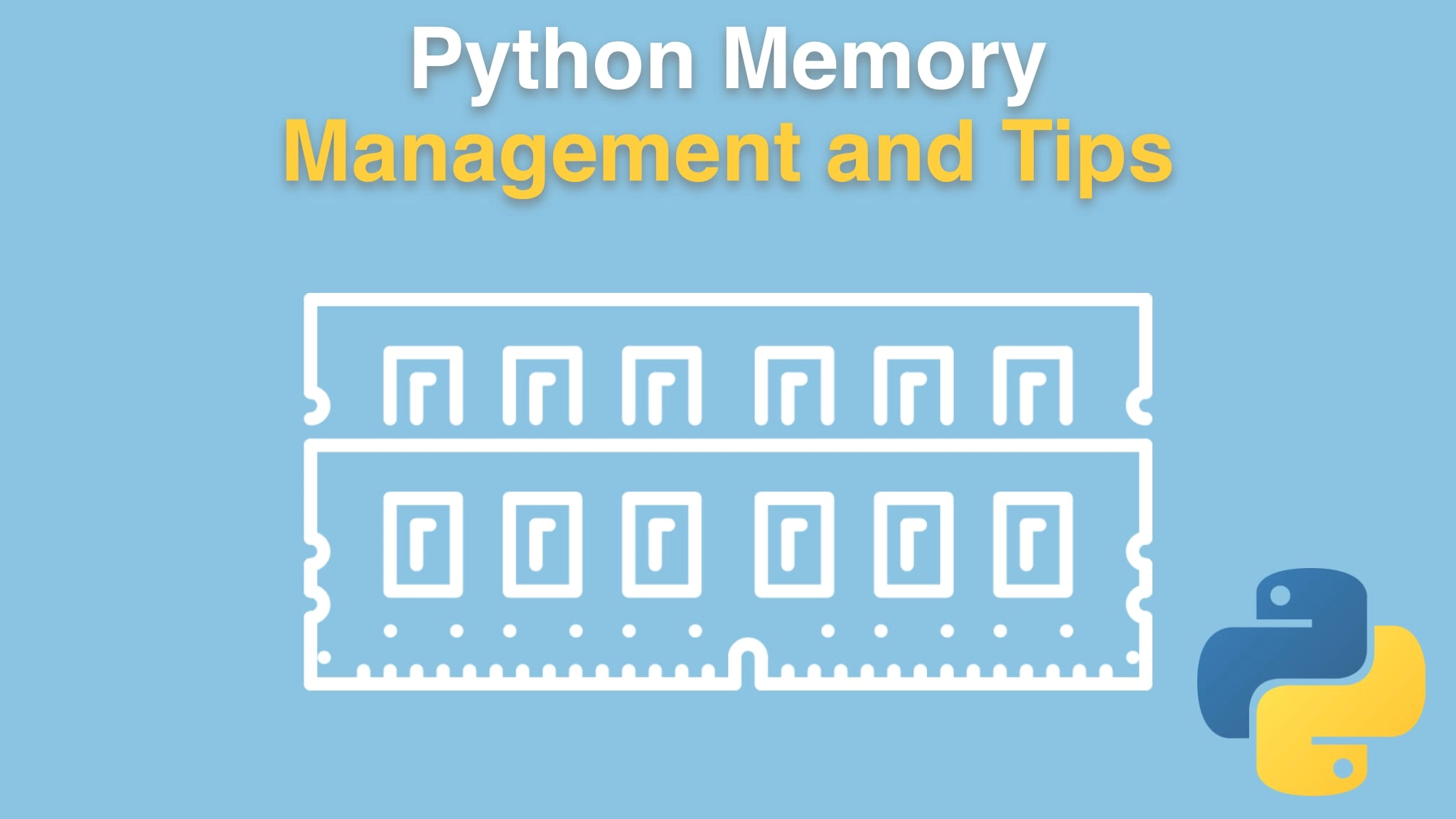Python Memory Management and Tips Transcripts
Chapter: Course conclusion and review
Lecture: Memory and functions
Login or
purchase this course
to watch this video and the rest of the course contents.
0:00
When we looked at functions, we saw two basic patterns that would really help us aim the memory usage. We have this one here.
0:08
It looks really nice. It's gonna load some data and create this data pipeline. It's going to then scale it, pass it along,
0:13
getting the next step back, and then it's gonna filter it with that middle step and then get the final step, the filtered data.
0:19
While this was good, and as sort of a code style, it's really easy to read, we saw that if we just did something silly,
0:27
like reuse the variable name, like "here's the data at this step", we were able to get dramatically better memory performance.
0:33
So here you can see we're up over 100 megabytes on this one on the left. The one on the right is 71.
0:40
It's 34 megabytes less just by using a different variable name. That's kind of insane. You can do this and have a lot better memory usage.
0:49
The reason is original, scaled, those two stick around for the entire length of the function, even though after the second step,
0:57
original is no longer needed, so it would allow us to like free that memory up and then reuse it without getting more from the operating system.
1:04
So this is really cool. And then what blew this out of the water, even, this technique, was to use generators.
1:09
Now generators limit what you can do with the data you get back. But in this pipeline scenario, generators are so perfect.
1:16
So we saw that, even though going from 105 to 71 megabytes is pretty amazing, with generators, we went all the way down to 9 megabytes.
1:25
It was off the charts good. So a little bit, tiny bit slower, CPU wise, computational wise, but in terms of memory,
1:32
it was the clear winner. We have this pattern of not letting the intermediate variables
1:38
hang around too long, which is pretty awesome in a general thing, and then if it works, generators are really good for memory.
